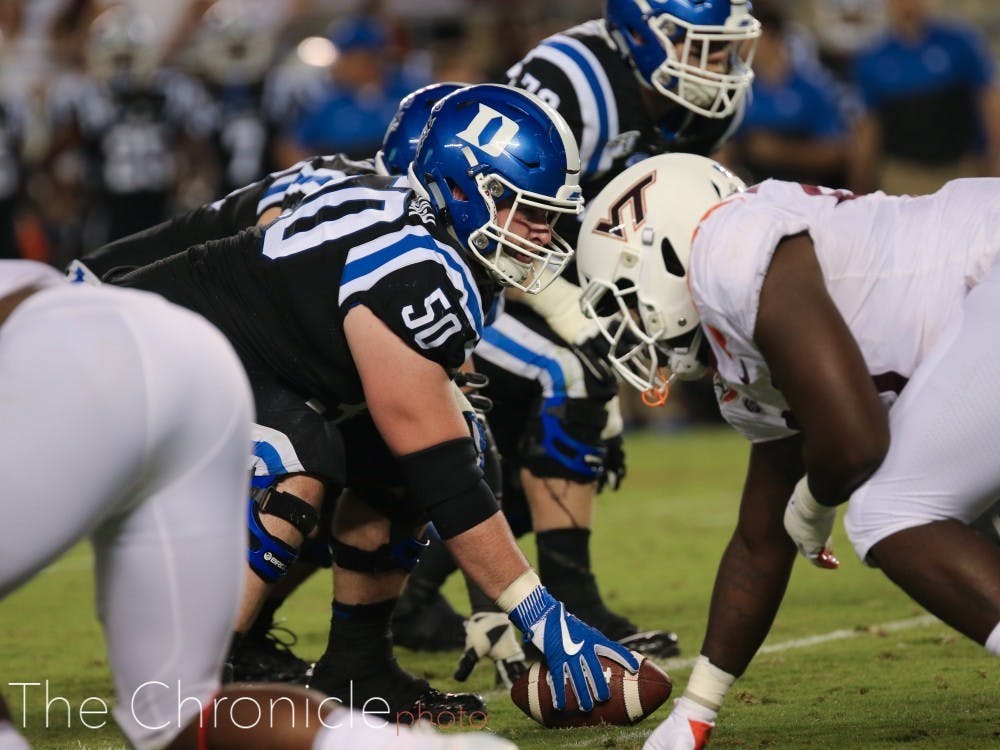Fall athletes received excellent news Friday afternoon, as the NCAA announced that this year would not count against their eligibility. The decision had been expected, but still comes as welcome news for the players.
Furthermore, by guaranteeing that participating in 2020 fall sports—notably, regardless of which season they actually take place this year—won’t count against eligibility, the NCAA is helping to relieve the burden of player participation.
On its face, that’s great news for everyone involved. Players who wish to compete can do so without worrying about their eligibility. ACC, SEC and Big 12 schools can expect to field most of their rosters. The NCAA can legitimize this season with closer-to-full rosters, ensuring as much business-as-usual as possible.
For 2021-22 freshmen, however, this decision spells more trouble, mostly in the form of roster room. See, the NCAA caps scholarships in each sport. While seniors who take advantage of this extra eligibility won't count against scholarship limits for next season, that still leaves many athletes who will. In addition, these rulings will still present numerous issues as athletic departments see where they can find extra scholarship money from.
Duke’s main problem is if its seniors exercise their additional eligibility. Players like Mark Gilbert and Brooke Heinsohn will graduate and likely go to the pros, and freshmen will replace them on the scholarship rolls. But if a senior decides to come back for 2021, that’s playing time that would've gone to an underclassman that's now taken away.
The end result is that there will be more talent across the board being pushed to the FCS, Division II and JUCO levels. That movement could be blatant and have long-term significance for the sport, or it could simply throw FBS and Division I recruiting and transferring out of whack for a few years. There will also be long-term consequences caused by the increase of scholarship limits, widening the gap between Power 5 and Group of 5 conferences.
That’s unfortunate for sports already facing questions about how they’re going to either play and move across state lines during a pandemic or try to pull off delayed seasons in the spring, the latter of which would mean the athletes playing two full seasons in a grueling calendar year.
But the short-term is settled. The NCAA has certainly solved more problems than it’s created with this decision. In many ways, however, this is just another example of it kicking the same can down the road that they’ve been kicking for six months.
If the pandemic has proven anything, it’s that the NCAA has significantly less control over its problems than it would want you to believe.
Get The Chronicle straight to your inbox
Signup for our weekly newsletter. Cancel at any time.

